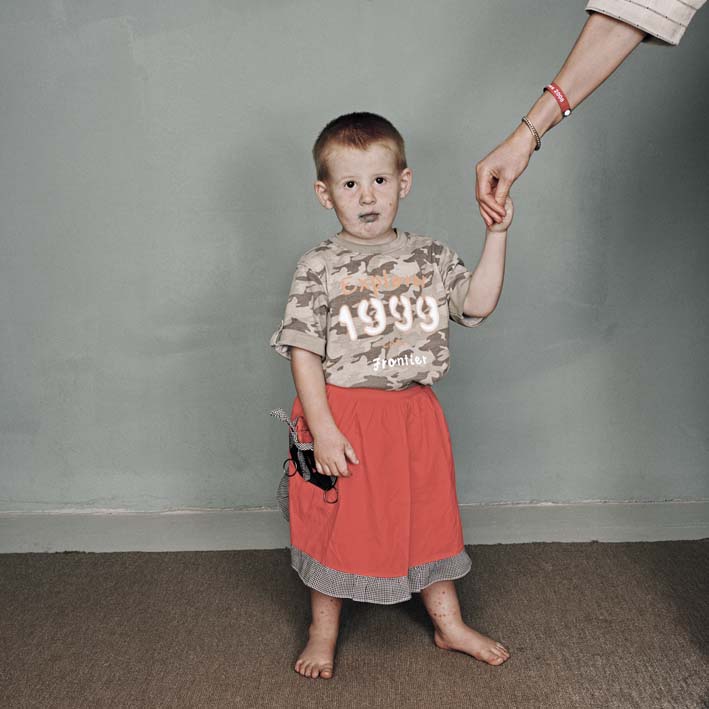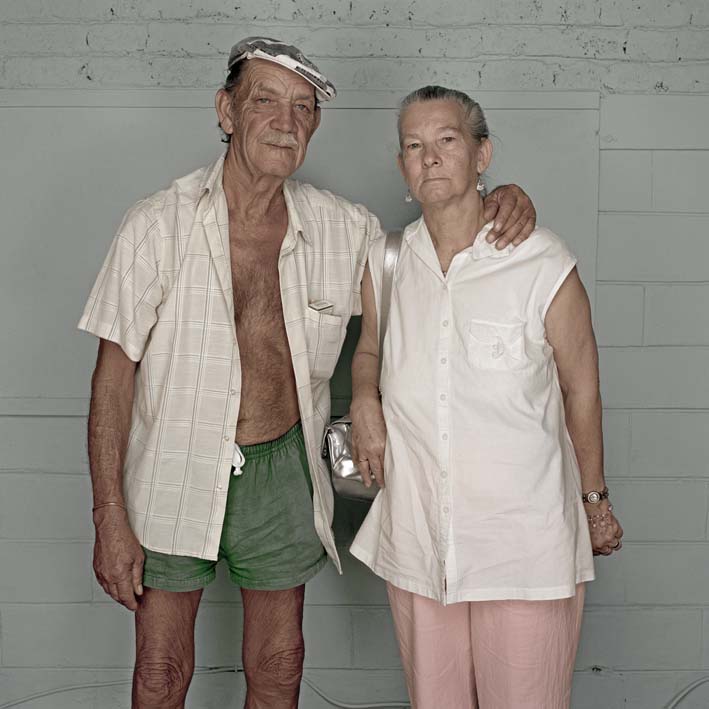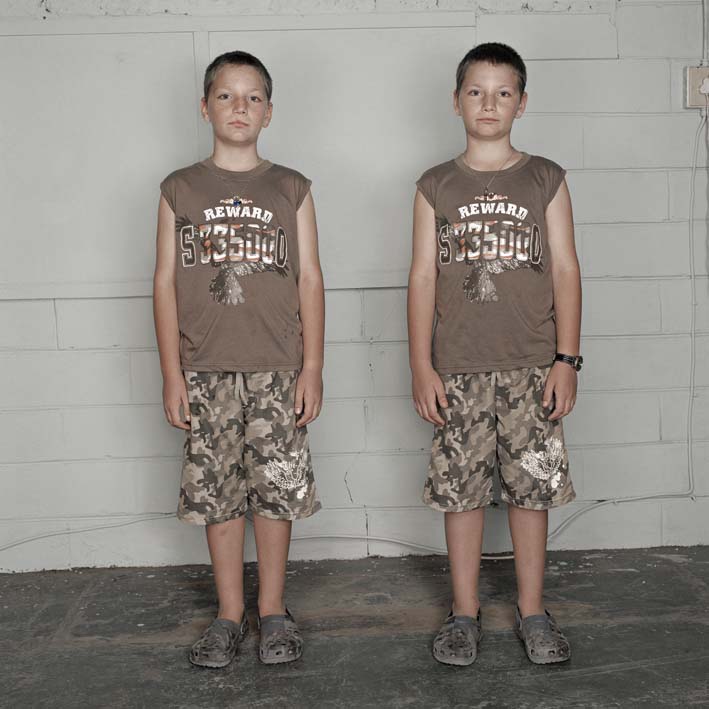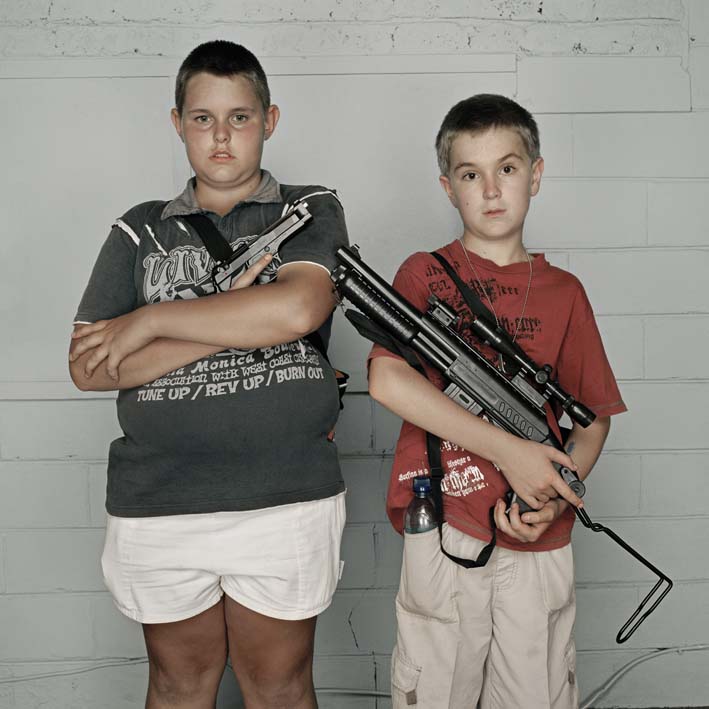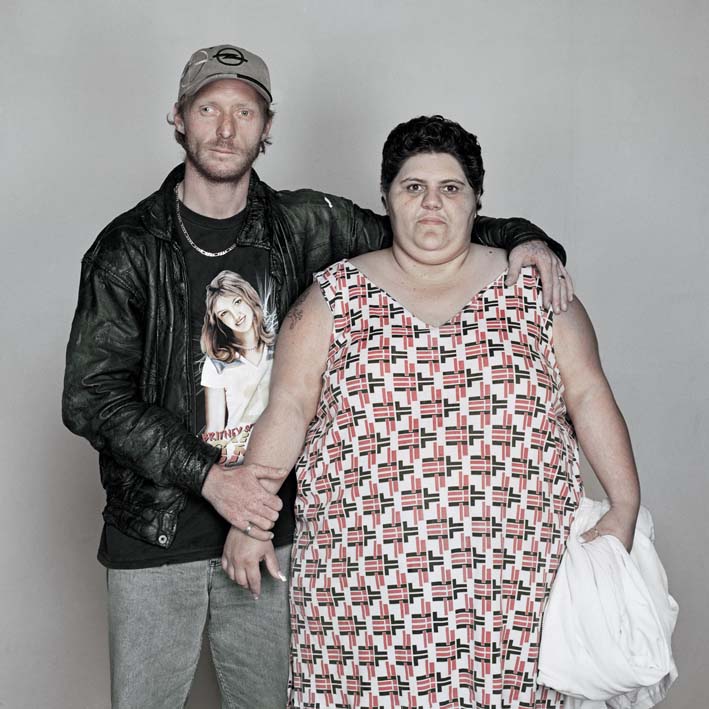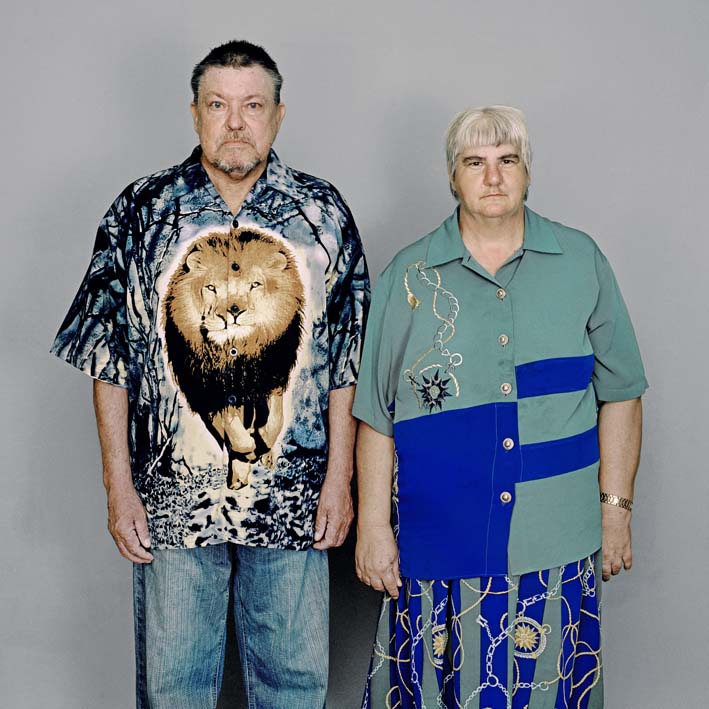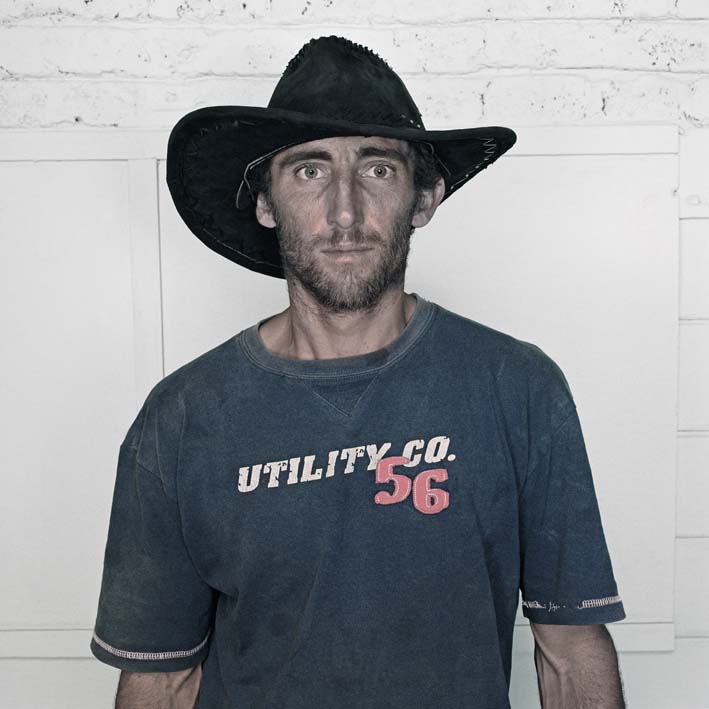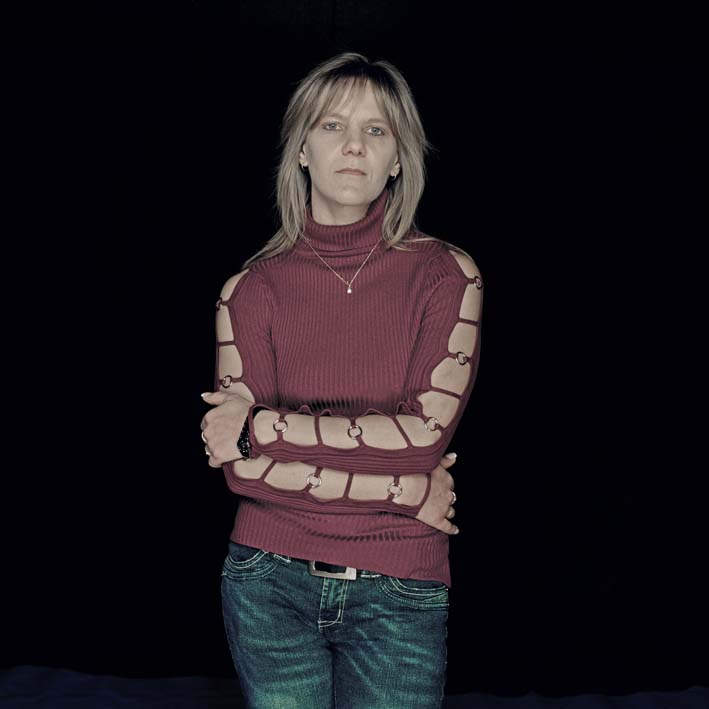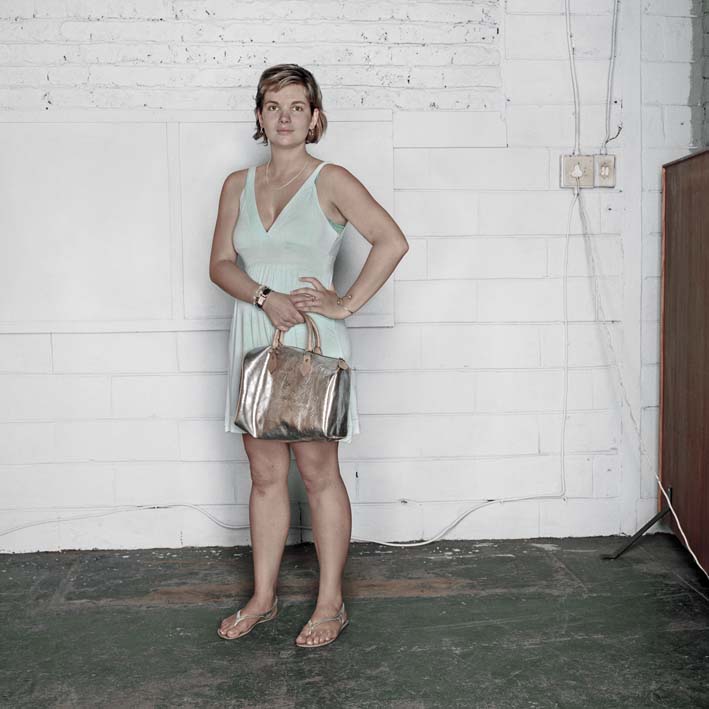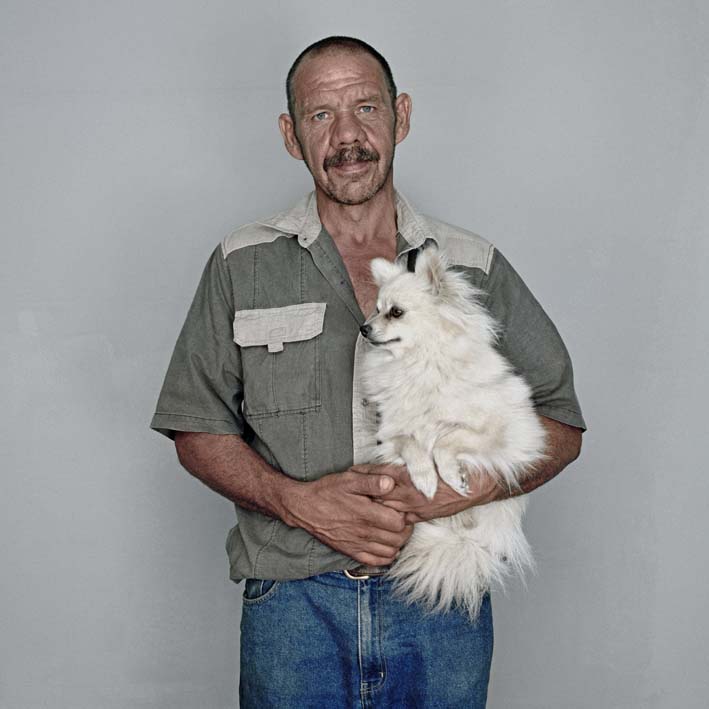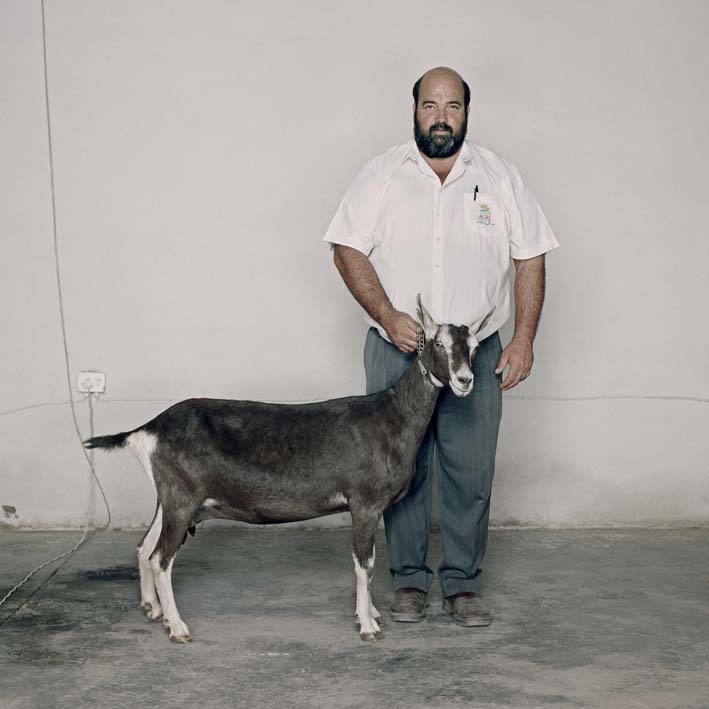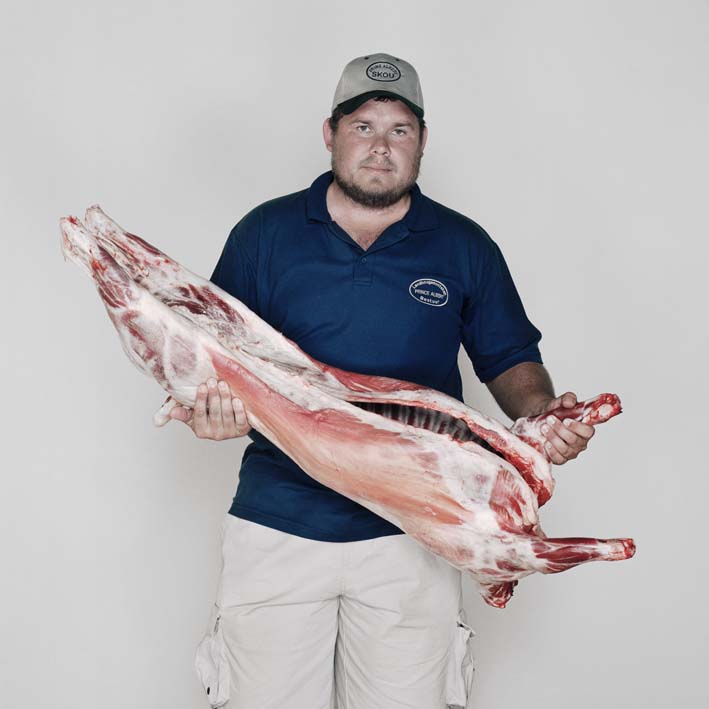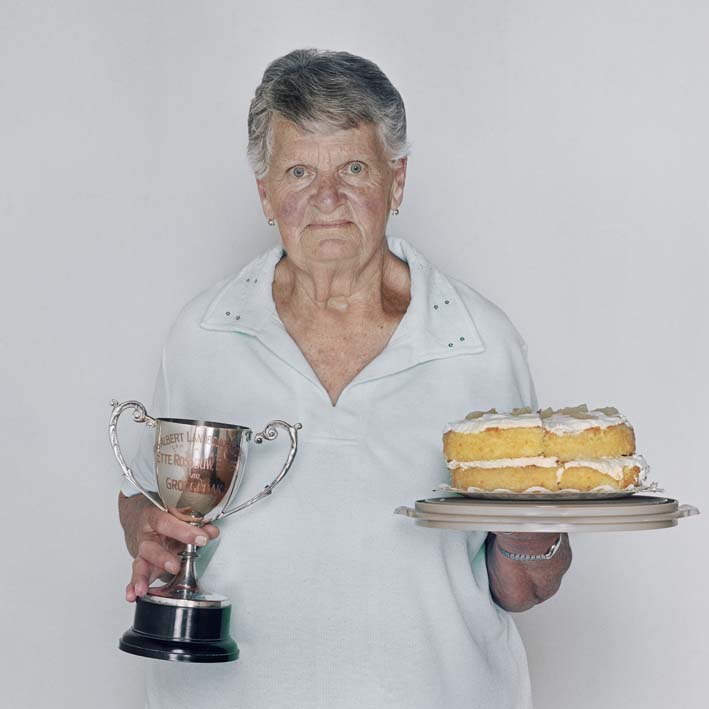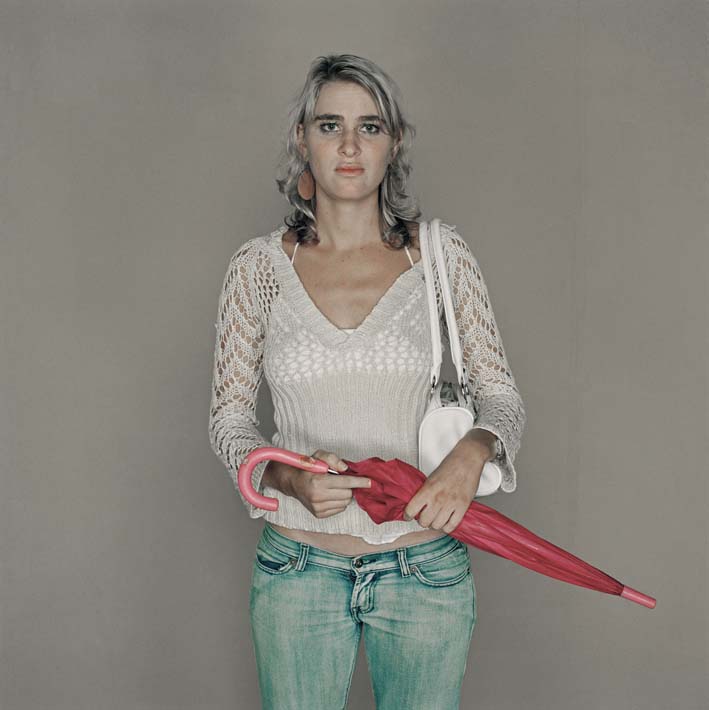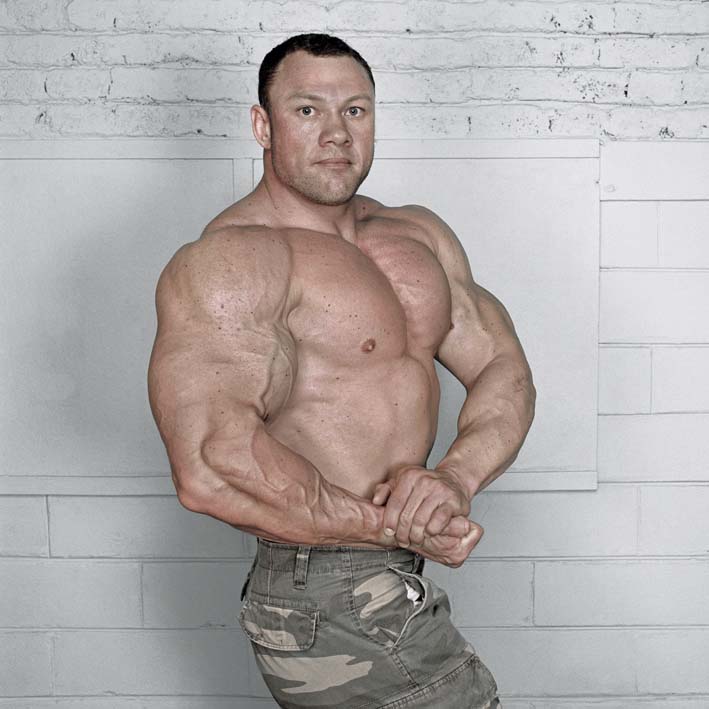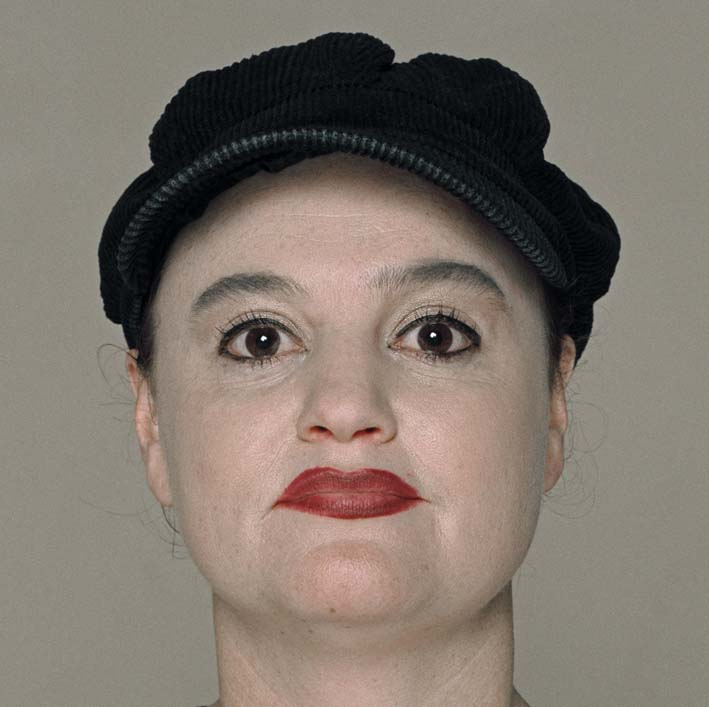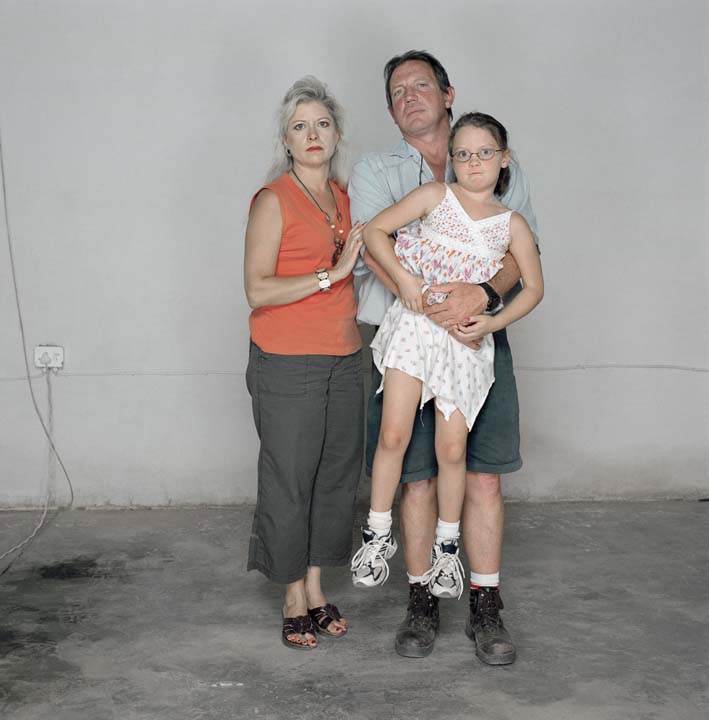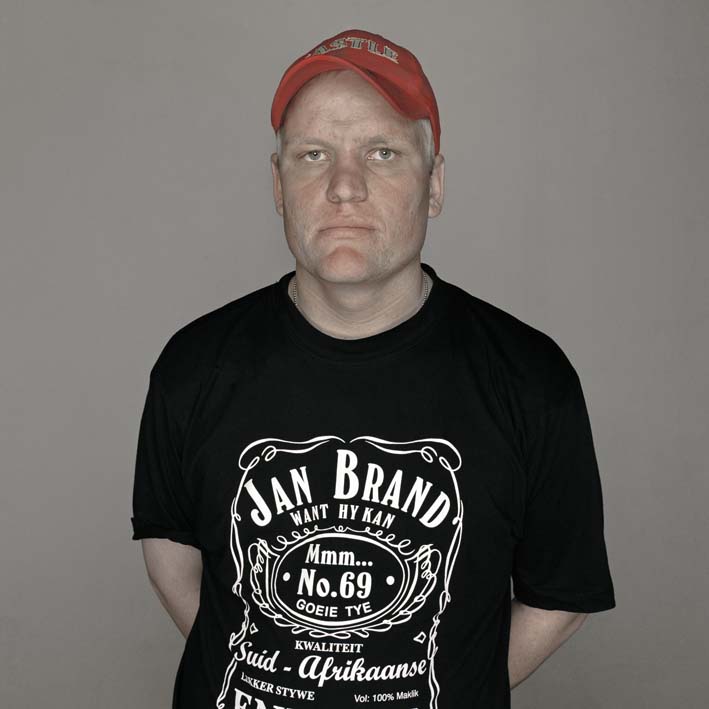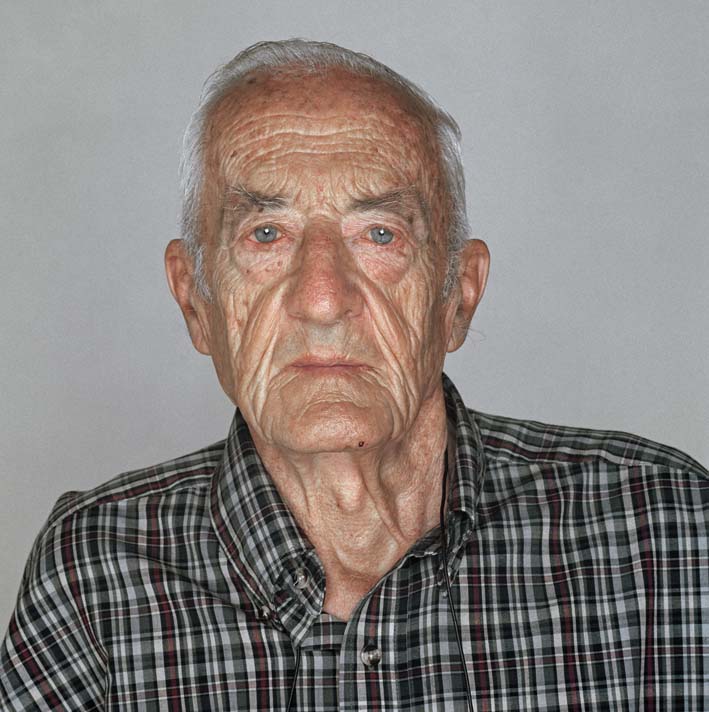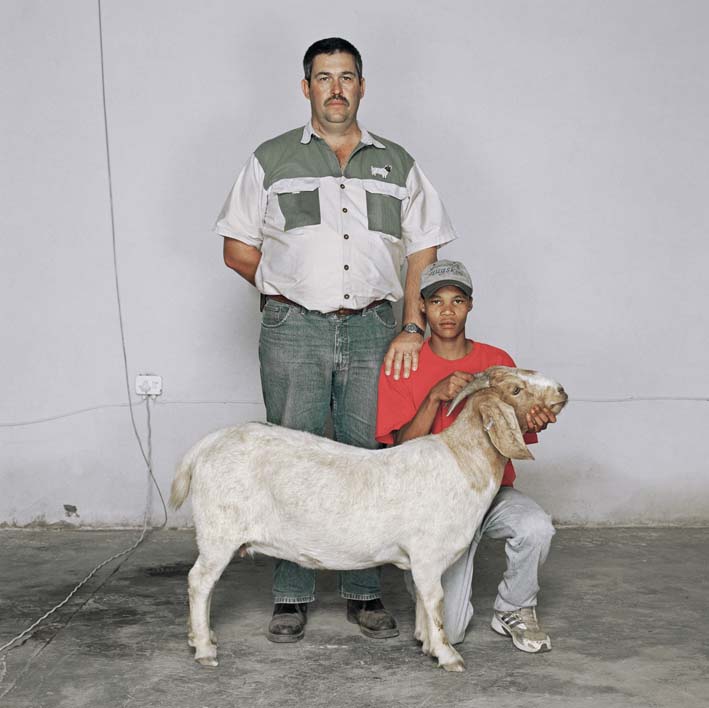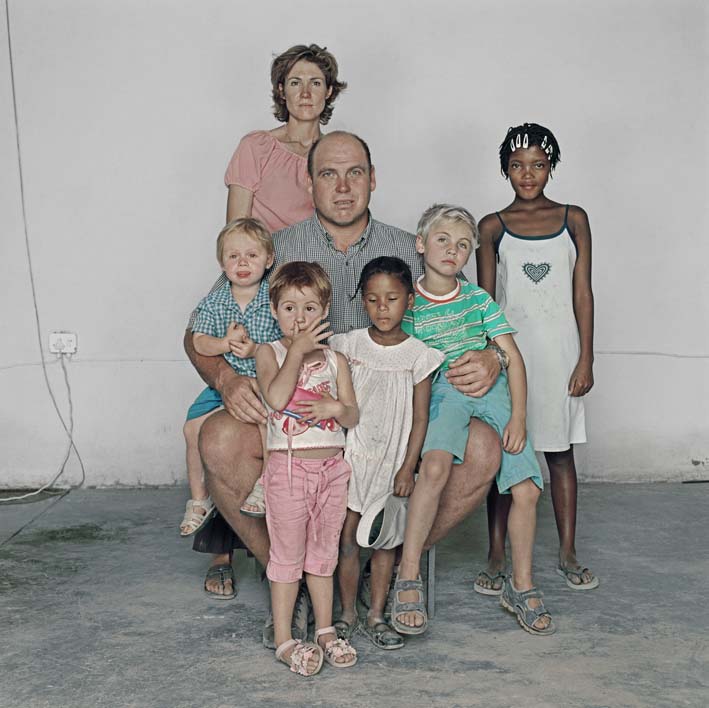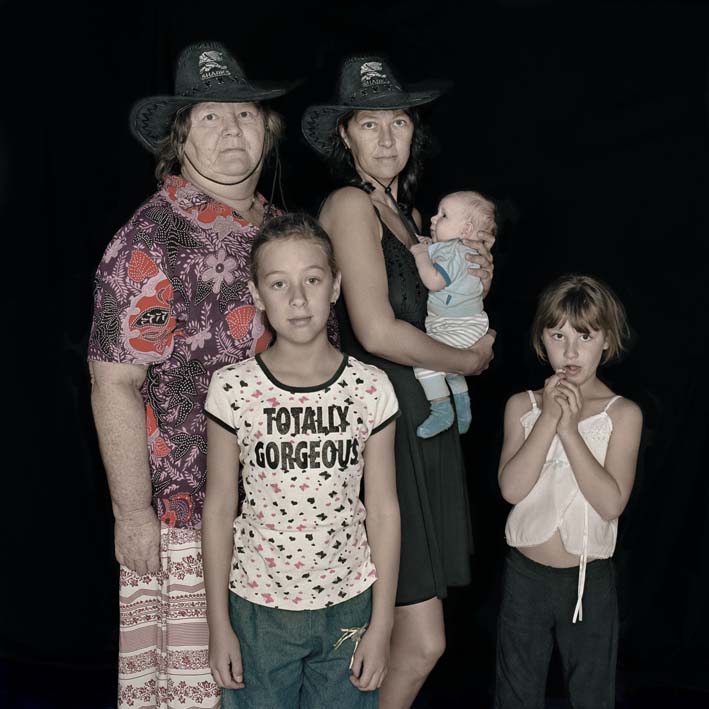SHOWTIME
BY GRAEME WILLIAMS
Graeme Williams was born in Cape Town in 1961 and he embraced photography passionately as a freelance photographer around the late 80´s. His decision was also influenced by how he felt in relation to the problem of apartheid and with the release of Nelson Mandela at that time William sensed he had to contribute to this battle against apartheid and joined a news agency and started reporting on the struggle. Thus, since1989 he was contracted by Reuters to cover South Africa’s transition to ANC rule and since then has worked on his personal photographic projects, and his work has been exhibited published in South Africa and Internationally.
Five monographs of his work have been published and just to mention the most recent, he has been published by VU’ Gallery showcasing a selection of photographs produced during the past 25 years. He is also represented by VU’ Gallery in Paris and Axis Gallery in New York. Photographic assignments have taken William to fifty countries and his photographs have been published in major publications worldwide, including National Geographic Magazine, Time, Newsweek, The New York Times Magazine and Photography magazine (UK).
synopsis
These portraits were taken at agricultural shows throughout South Africa during 2008. Shows of this nature have been a tradition within the Afrikaner community for many decades. They initially served as a way of bringing farming communities together and to raise standards in agricultural production. Over the years they have grown into celebrations of Afrikaner culture and a forum for common interests. They are one of the few remaining Afrikaner cultural events that have survived post-apartheid change.
The portraits are an attempt to capture the faces of this cultural group in a way that situates the intimate and personal against the backdrop of cultural identity. The subjects were invited to stand for a portrait within a makeshift studio, set up at small, rural town shows. The resulting images with their simple backgrounds coupled with the undirected and unguarded poses of the subjects, allows the viewer to focus on the individual’s personality, within a very culturally specific context.
The past century has been a tumultuous period for Afrikaners. At the end of the 19th century they rebelled against British colonial rule in South Africa, and vacating the south of the country, the Cape, they embarked on the ‘Great Trek’ into the hinterland. The Boer War followed and Afrikaners struggled to find their place in the developing Union. The 1940s saw the rise of Afrikaner Nationalism and the election of the National Party in 1948. After 46 years of apartheid rule, President F W de Klerk was pressurized to hand over power to the African National Congress.
Since 1994, Afrikaners have struggled to come to terms with becoming a minority group whose culture and lifestyle is very different from that of the majority. The consequence of the group's loss of power and status has inevitably led to an enormous revision of cultural identity both within the group and towards the group.
Pedro Leão Neto

